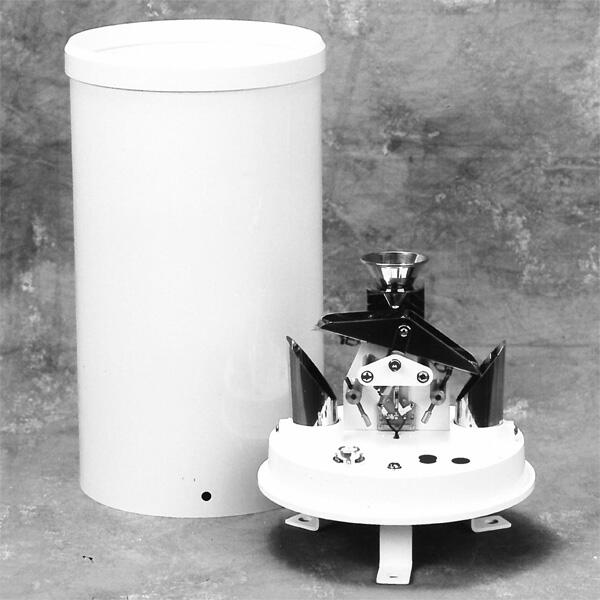
# 10 Practical Applications of Rain Gauges in Everyday Life
Rain gauges are simple yet essential tools used to measure the amount of precipitation over a specific period. While they are commonly associated with meteorological studies, their applications extend far beyond weather forecasting. Here are 10 practical uses of rain gauges in everyday life:
## 1. Gardening and Landscaping
Gardeners and landscapers rely on rain gauges to monitor rainfall and determine the need for additional watering. By tracking precipitation, they can optimize irrigation schedules, conserve water, and ensure healthy plant growth.
## 2. Agriculture
Farmers use rain gauges to measure rainfall and make informed decisions about planting, harvesting, and irrigation. Accurate precipitation data helps them manage crops effectively, reduce water waste, and improve yields.
## 3. Flood Prevention
Rain gauges play a crucial role in flood prevention by providing real-time data on rainfall intensity and accumulation. This information helps authorities issue timely warnings and implement flood control measures.
## 4. Water Resource Management
Municipalities and water resource managers use rain gauges to monitor precipitation levels and manage water supplies. This data is essential for planning and maintaining reservoirs, lakes, and rivers.
## 5. Construction Projects
Construction sites often use rain gauges to monitor weather conditions. Excessive rainfall can delay projects and cause safety hazards, so accurate precipitation data helps project managers plan and adjust schedules accordingly.
## 6. Sports and Recreation
Outdoor sports and recreational facilities, such as golf courses and parks, use rain gauges to maintain optimal playing conditions. By tracking rainfall, they can schedule maintenance and ensure the safety and enjoyment of visitors.
## 7. Environmental Research
Scientists and researchers use rain gauges to study precipitation patterns and their impact on ecosystems. This data is vital for understanding climate change, water cycles, and environmental health.
## 8. Urban Planning
Urban planners use rain gauge data to design and manage stormwater systems. Accurate precipitation measurements help prevent urban flooding and ensure efficient drainage in cities.
## 9. Education
Rain gauges are valuable educational tools in schools and universities. They help students learn about meteorology, hydrology, and environmental science through hands-on experience and data collection.
## 10. Personal Weather Monitoring
Weather enthusiasts and homeowners can use rain gauges to track local precipitation patterns. This information can be useful for planning outdoor activities, maintaining gardens, and understanding local weather trends.
In conclusion, rain gauges are versatile instruments with a wide range of applications in everyday life. From gardening and agriculture to flood prevention and environmental research, they provide valuable data that helps individuals and organizations make informed decisions. Whether you’re a farmer, a gardener, or simply a weather enthusiast, a rain gauge can be a practical and useful tool to have.
Keyword: 10 uses of rain gauge
